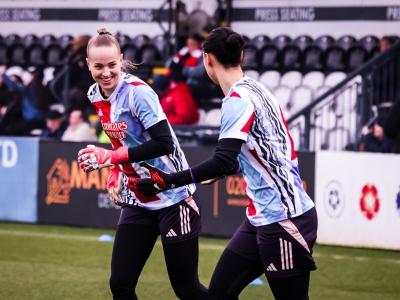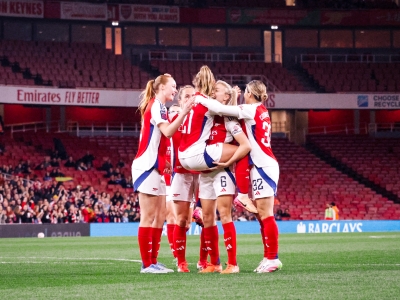(1) Our manager doesn’t like criticism: it can be hurtful and much too disrespectful.
(2) The shareholders should confine their concerns to the share price and should be eternally grateful that it has risen by some 20% per year during the manager’s reign.
(3) Supporters must simply support, by definition. A supporter who doesn’t support does not deserve to be heard and can be ignored, as is only right and proper in a civilised world.
This is what we have come to: Some supporters are, on cue, attacking vociferous shareholders and others who call themselves supporters but who are neglecting their support duties.
Our manager has a self-consistent view of life and he has every right to hold to it. It is however his view and is not the only way to look at matters. It is perfectly legitimate to appreciate the manager for what he has done yet still disagree with part of what he is doing. There may be profound reasons for his actions which are not openly discussed — supporters who are unhappy with the present state of affairs can of course only rely on information to hand. This does not mean that they should remain gagged.
The situation bears comparison with British politics. We have a long tradition of putting famous politicians in the stocks. Respect is not the prime consideration when heckling public figures. Prime Minister’s Question Time in the House of Commons is usually a very uncomfortable experience for the person in the centre, who happens to be the most important individual in the land apart from the Sovereign. It is meant to be uncomfortable, but the purpose of it is very serious indeed. We allow and insist that the actions of the Prime Minister should be scrutinized. This is our way. The office of Prime Minister is in the stocks. It is not personal. We respectfully beg Arsène Wenger to respect our traditions!
Face to face contact with both the supporters and the shareholders is I believe essential for the manager. Otherwise he might become too isolated and some even suspect that he is already too far removed from his public. I was not present at the recent meeting with the shareholders but have read accounts of it. I very much hope that similar meetings will continue to be held in the future, but at the same time they could and should certainly be organised differently.
Better arrangements can easily be made for an exchange of information and opinion while avoiding any risk of offence. There should be an experienced meeting chairman rather than a compère. Questions from the floor should be addressed to the chair and not directly to the manager or to any other official present. The chairman would rephrase every question before passing it on for treatment by someone who, at his discretion, would be the best one to field it. Anything resembling an insult would not be interpreted as a question and would not get an answer. In this format I believe our manager would still be willing to meet his admirers and his critics while being shielded from any distasteful personal attack.







